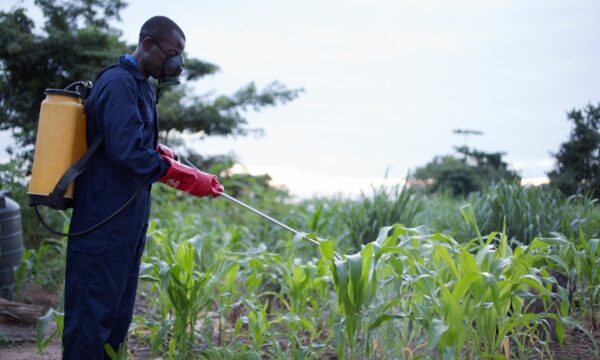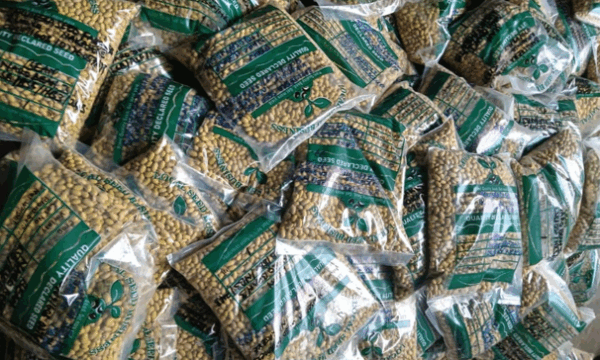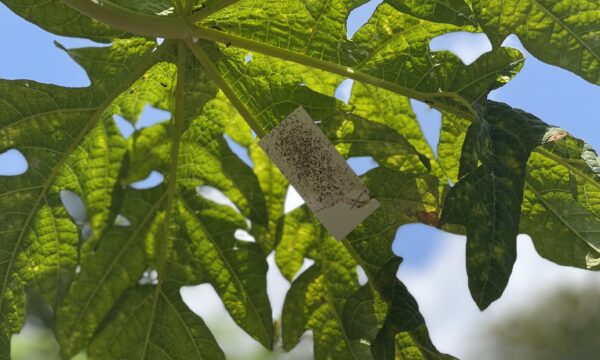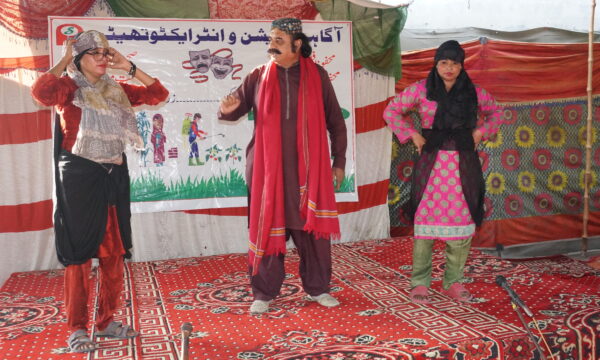Agroforestry is an integrated system of trees and shrubs and/or crops and livestock within a managed agriculture area and has potential in improving food security in developing countries by fully utilising land, improving crop yields, diversifying farmer income and improving environmental sustainability.
Last month the United National Food and Agriculture Organisation (FAO) published an “Advancing Agroforestry on the Policy Agenda” guide, detailing case studies from countries including Kenya, Costa Rica, Ghana, Nigeria and Cameroon.
To read more about agroforestry and how it can be beneficial in farming systems see this recent article “How agroforestry schemes can improve food security in developing countries” by Caspar van Vark in The Guardian newspaper.

Faidherbia is an indigenous African acacia which has been found to be useful in agroforestry systems due to the fact it sheds its nitrogen rich leaves during the early rainy season when crops are being planting, thereby fertilising crops at an important time. Studies have found that Faidherbia-maize intercropping increased maize yields by up to 400% in one area in Malawi. This photo shows Borassus palm inter-cropped with Faidherbia in Burkina Faso © Marco Schmidt via Wikimedia Commons (CC-BY-SA 2.5)
2 Comments
Leave a Reply
Related News & Blogs
How do pest risk registers address the spread of plant pests in Africa?
Pest risk registers can help to solve problems in agriculture, addressing the growing global threat of plant pests. Moreover, changing weather patterns, led by rising temperatures, are causing them to reproduce faster and expand into new regions. In ad…
10 July 2025





[…] See on blog.plantwise.org […]
[…] Improving Food Security Using Agroforestry Schemes (plantwise.org) […]